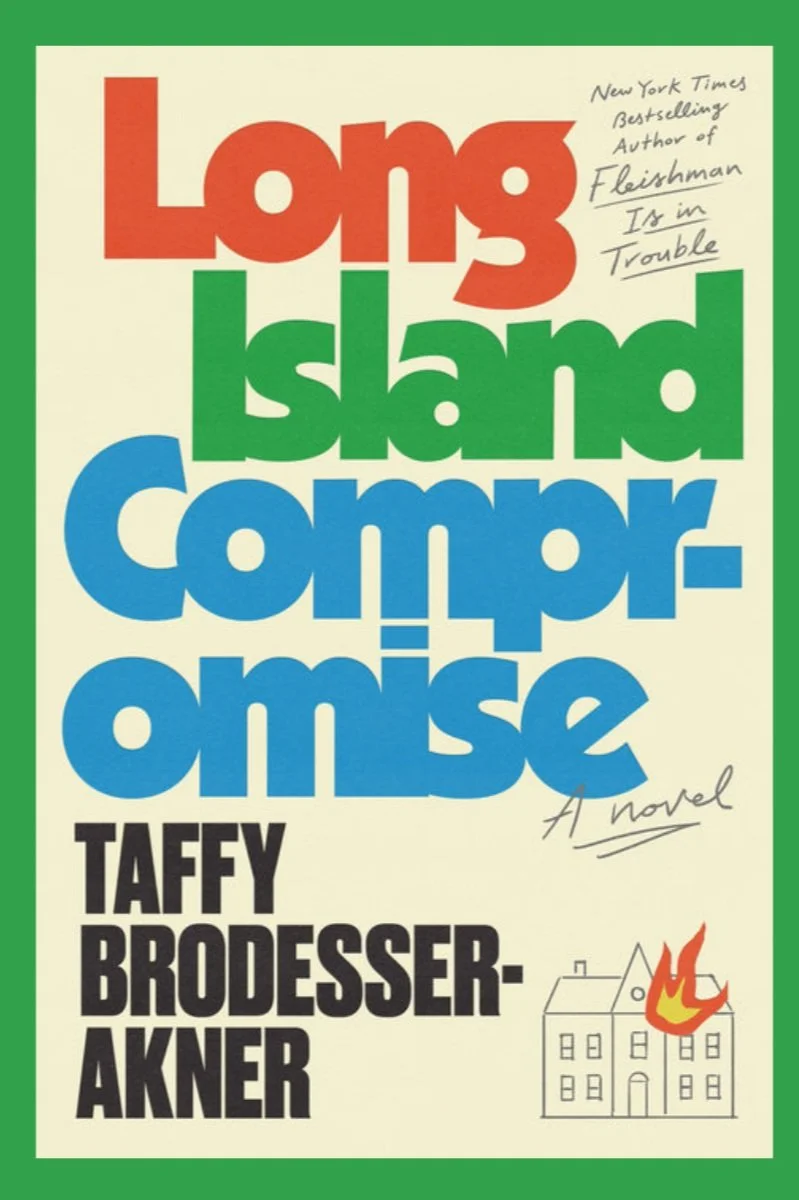Godwin – Joseph O’Neill
“Godwin” is a curious and disjointed tale that almost defies easy categorization. It’s a sports novel, yes, but also a critique of business — both American and African — and an exploration of office politics. If that sounds confusing, you’re not wrong.
While Joseph O’Neill includes moments of sharp insight and deft characterization, the novel’s uneven narrative structure, overlong digressions and thematic contradictions had me wondering what exactly he was trying to say.
Split between two narrators — Mark Wolfe, a self-absorbed technical writer from Pittsburgh, and Lakesha Williams, his diligent and thoughtful work colleague — the story kicks off with a mundane office conflict that feels disconnected from the rest of the novel's ostensible focus: the search for Godwin, a young African soccer prodigy. This odd opening sets the tone for a book that reads like two distinct narratives clumsily stitched together.
The long and short of the plot is that Mark’s half-brother, Geoff, ropes him into a shady international business scheme to locate Godwin. Their adventure takes Mark to France, where his background in facial recognition technology plays a convenient but somewhat contrived role in narrowing down Godwin’s location. Mark’s narrative dominates much of the novel and oscillates between quixotic charm and tedious self-indulgence.
Lakesha’s chapters provide a grounded perspective and much-needed levity. Her sharp observations about Mark and their workplace add depth, but her subplot — centering on office politics — feels like filler. It drags the narrative and fails to meaningfully connect to the main plot until a rushed and convenient ending ties everything together.
Mark is a classic archetype: the disillusioned, educated white man grappling with existential malaise. While O’Neill occasionally lands incisive critiques of this trope, the character’s self-absorption and erratic behavior — paired with his wife Sushila’s inexplicable tolerance — make him a frustrating protagonist. Geoff, meanwhile, is cartoonishly unlikable, embodying greed and incompetence to a degree that strains credibility.
Lakesha, on-the-other-hand, is presented as ethical and pragmatic, yet her potential is undercut by the meandering narrative. Her decision to leave her job and take on [spoiler alert] guardianship of Godwin in the final chapters suggests a moral resolution, but it feels rushed and unearned given the novel’s scattershot approach to her story.
So, did I like “Godwin?” In some ways, yes. Would I recommend it? Not easily.
The novel does explore compelling themes like greed, exploitation and the intersections of family and business. The commodification of Godwin is jarring and unsettling, even more so since we’re led to believe that the people taking advantage of his potential are morally sound.
The perception of Africans veers dangerously close to colonialist tropes, portraying the continent as a place of backwardness in need of Western intervention. This undercurrent detracts from any meaningful critique of the systems it ostensibly seeks to scrutinize.
The ethical dilemmas at the heart of the story – Mark’s family’s opportunism – is intriguing but underdeveloped. The dynamics between the three individuals are teased but never fully addressed, which makes it difficult to believe this whole arrangement — [spoiler alert] a business, an adoption, etc. — could come together so quickly and easily.
While O’Neill’s writing is solid, the frequent digressions (lots of soccer history) and overlong chapters tested my patience Thankfully, the audiobook, narrated by Karen Chilton and Kirby Heyborne, kept me engaged.
Chilton’s performance as Lakesha adds wit and nuance, while Heyborne adeptly navigates multiple accents, making the listening experience far more captivating than the text alone (which I did attempt with an advanced reader copy provided by Pantheon in exchange for an honest review).
Despite my mixed feelings, the final act’s twist — where the narratives finally converge — piqued my interest in a potential sequel focusing on Lakesha and Godwin. Such a continuation could give O’Neill a chance to more fully explore the ethical questions teased here. As a standalone work, though, “Godwin” feels more like a thought experiment than a fully realized novel.
Rating (story): 3/5 stars
Rating (narration): 4/5 stars
Format: Audiobook (library loan)
Dates read: January 7 – January 12, 2025
Multi-tasking: Good to go. The solid narration made it easier to get through some of O’Neill’s digressions. I mostly exercised and cleaned while listening.




